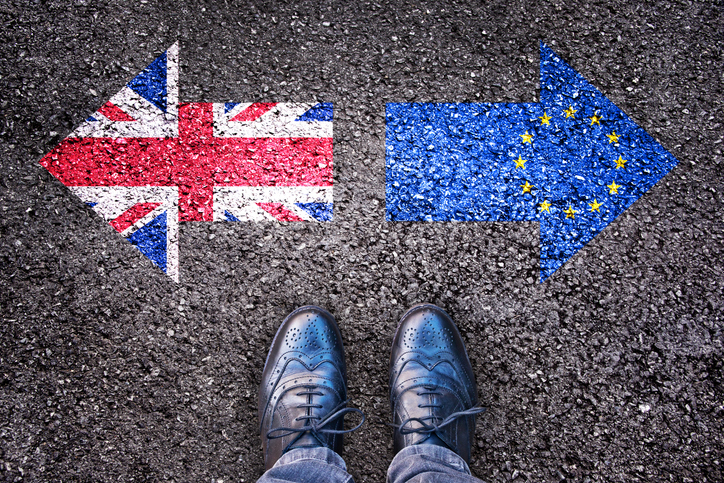The British parliament will hold a second round of indicative votes on various Brexit alternatives, and the customs union could emerge as a preferred solution for lawmakers who have rejected Prime Minister Theresa May’s deal.
A customs union would allow an easier flow of goods, but would not itself guarantee frictionless trade and would limit, but not prevent, Britain’s capacity to strike its own free trade deals.
HOW INDEPENDENT?
The European Union is itself a customs union and is also part of three other customs unions with Andorra, San Marino and Turkey.
In the case of Turkey, the arrangement does not include agricultural or coal and steel products. Other goods can circulate without paying customs duties and the whole zone applies the same import duties for products from third countries – such as the 10 percent rate for imported cars.
Unlike a free trade deal, a customs union removes the need for complex rules to determine whether a good is really from a given partner – such as a machine with multiple imported components. Such “rules of origin” can prove costly and time-consuming for exporters.
Being a member of a customs union limits, but does not prevent the separate participants from striking their own free trade agreements with other countries.
Turkey, the junior partner in the customs union with the EU, does face a challenge. The EU’s recent free trade deal with Japan opens Turkey up to inbound Japanese cars without providing reciprocal access for Turkish products to Japan’s market.
The junior customs union partner, which Britain would likely be, can find itself playing catch-up with a reduced bargaining position, given their own market is already open.
Turkey did for example begin a free trade deal covering goods with South Korea in 2013, two years after an EU-South Korea accord came into effect. It remains in exploratory talks with Canada, whose deal with the EU began in 2017.
However, Turkey is free is in those areas not covered by the customs union. So, following their agreement on goods, Turkey and South Korea also struck in 2015 a bilateral deal covering services and investment.
Depending on the nature of an EU-Britain customs union, Britain would still be able to negotiate with others trade access covering its large financial services market, investment, public procurement, data flows and possibly agricultural quotas.
FRICTIONLESS TRADE
Delays that can even extend beyond 24 hours at the EU-Turkish land border show that a customs union in itself is no guarantee of frictionless trade.
Turkish trucks laden with goods bound for the European Union still need to show documents including export declarations and invoices and transport permits for each EU country through which the truck plans to travel.
So far the EU has limited deals on road transport access to countries that accept free movement of people, such as Norway and Switzerland.
The controls come despite Turkey having aligned its legislation with certain EU internal market rules, such as covering product standards, intellectual property rights and competition controls.
Goods also can be subject to inspections at the border to confirm they comply with EU regulations.
HARD IRISH BORDER
A customs union would ease the flow of goods across the border between Ireland and Northern Ireland, but would appear unlikely on its own to prevent a hard border.
It would need to go beyond the EU-Turkey union to cover agricultural produce, notably dairy and beef. Britain would then find itself bound to retain EU measures to prevent diseases, pests and contaminants in plants and animals.
The EU and New Zealand already have such an agreement on sanitary measures without yet having a free trade deal, which for example allows New Zealand to export to the EU more than 200,000 tonnes of lamb.
A customs union, together with requirements to meet EU single market rules on products, which would be subject to European Court of Justice control.
Such an enhanced customs union would not so much replace as resemble the “backstop” agreed between London and Brussels, but rejected by British lawmaker, in which Britain would enter a “single customs territory” with the EU and Northern Ireland would be subject to additional EU single market rules.
(Reuters Connect – Reporting by Philip Blenkinsop; Editing by Angus MacSwan)







